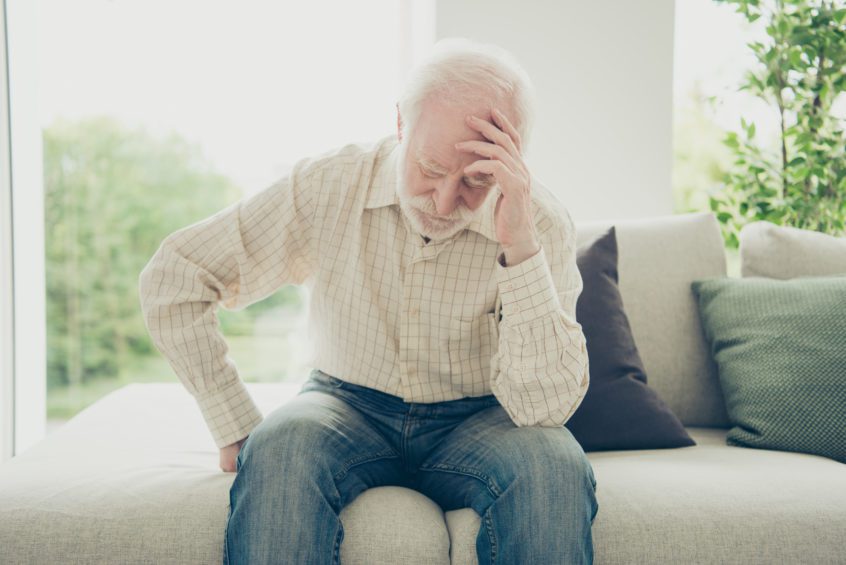If lying down or turning over in bed makes you feel dizzy, it could be an indication that you have a common dizziness condition called benign paroxysmal positional vertigo, or BPPV. This condition can have a major impact on quality of life, even though it is a benign. And even though BPPV isn’t life-threatening, it does increase the risk of falling.
A research study from Sahlgrenska Academy was comprised of 149 patients – 96 women and 53 men – who were referred for ear, nose and throat treatment because of dizziness. In conjunction with being examined, each patient completed a questionnaire composed of 15 questions. The question most clearly connected with the diagnosis of BPPV was the one about whether the patient felt dizzy when turning over in bed.
BPPV typically occurs with a change in head or body position. Episodes last less than one minute. This condition is caused by changes in the balance portion of the inner ear. Calcium carbonate particles, or otoconia, which the ear uses as part of its gravity detector, are normally found in the inner ear. These particles can become displaced and travel into one of the ear’s semicircular canals, where they do not belong. BPPV may be the result of the natural aging process, illness, a change in medication, or head trauma. Often, no known cause for BPPV can be identified.
The most popular treatment for BPPV is a simple and painless repositioning maneuver performed by a doctoral-level audiologist experienced in the treatment of dizziness and balance disorders. There are several types of repositioning maneuvers for each canal. Treatment is canal-specific and is chosen based on the patient’s individual circumstances. Many studies have been done regarding the effectiveness of treatment maneuvers for BPPV, with results showing rates of resolution well into the 90 percent range after one to three treatments.
At Associated Audiologists, approximately 80 percent of patients need one treatment, 17 percent will need two, and only 3 percent will need three or more. There are several different repositioning treatment protocols.
Among the 79-year-olds examined in this research, more than half had dizziness and four of ten had suffered accidental falls in the past year. People with dizziness take more medications, are more tired, walk more slowly, are more afraid of falling and have worse self-rated health than people without it.
Danielle Dorner, Au.D., vestibular audiologist with Associated Audiologists, is a specialist in treating patients with dizziness and balance disorders. She has successfully diagnosed and treated hundreds of patients with BPPV.
If you are experiencing dizziness or balance problems, schedule an appointment with Dr. Dorner.
To learn more about dizziness and balance disorders, download our free e-book, What to Know About Dizziness and Balance Disorders.
Research Source:
University of Gothenburg. “Simple question can lead to remedy for older adults’ dizziness and impaired balance.” ScienceDaily. ScienceDaily, 20 May 2020. <www.sciencedaily.com/releases/2020/05/200520120730.htm>.



